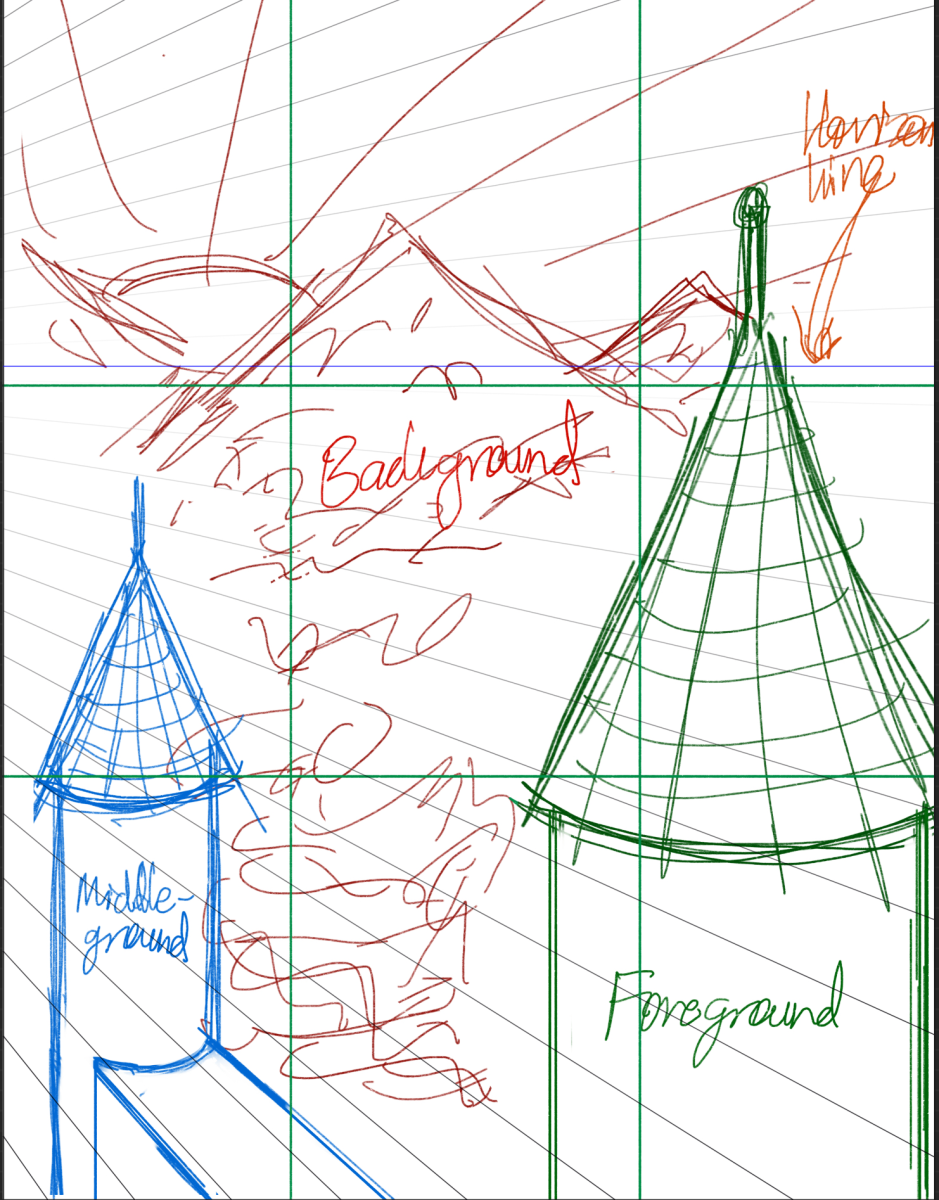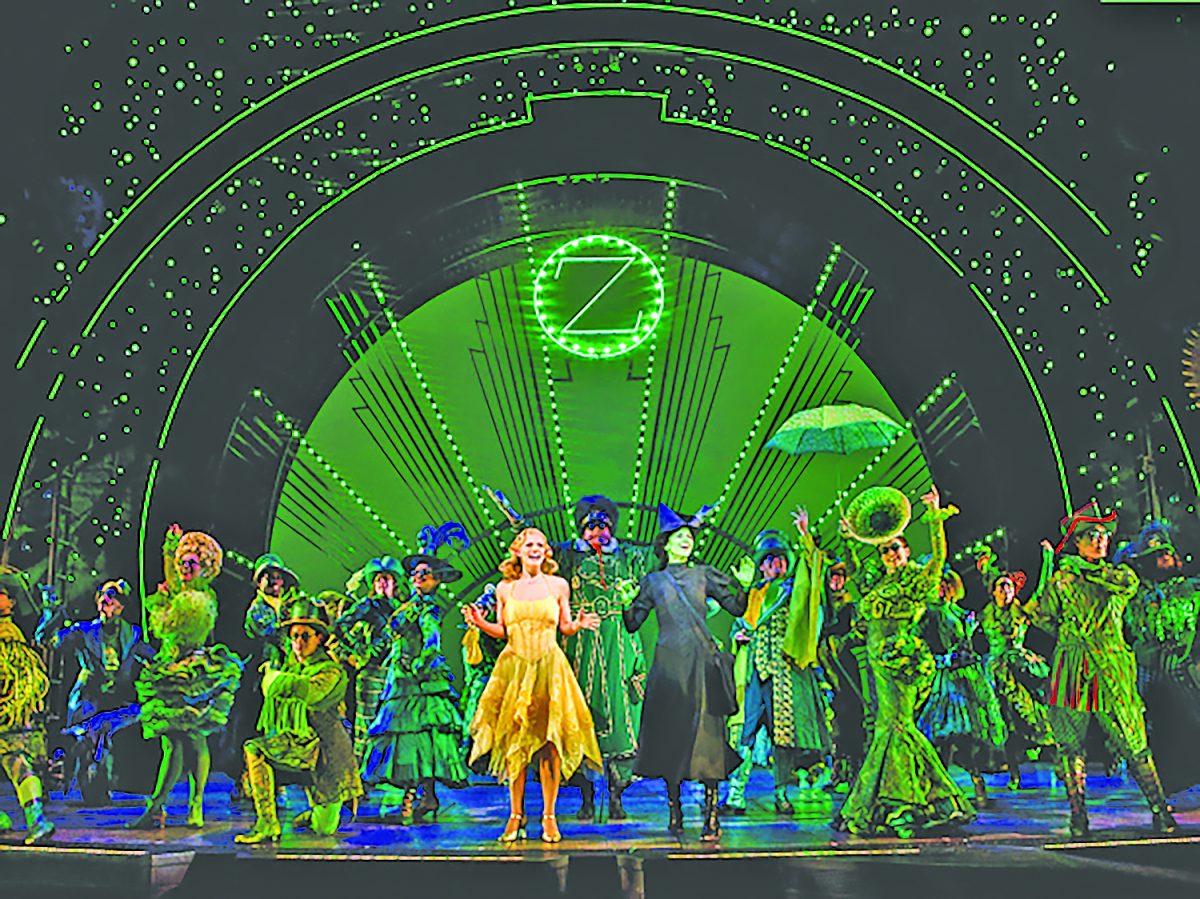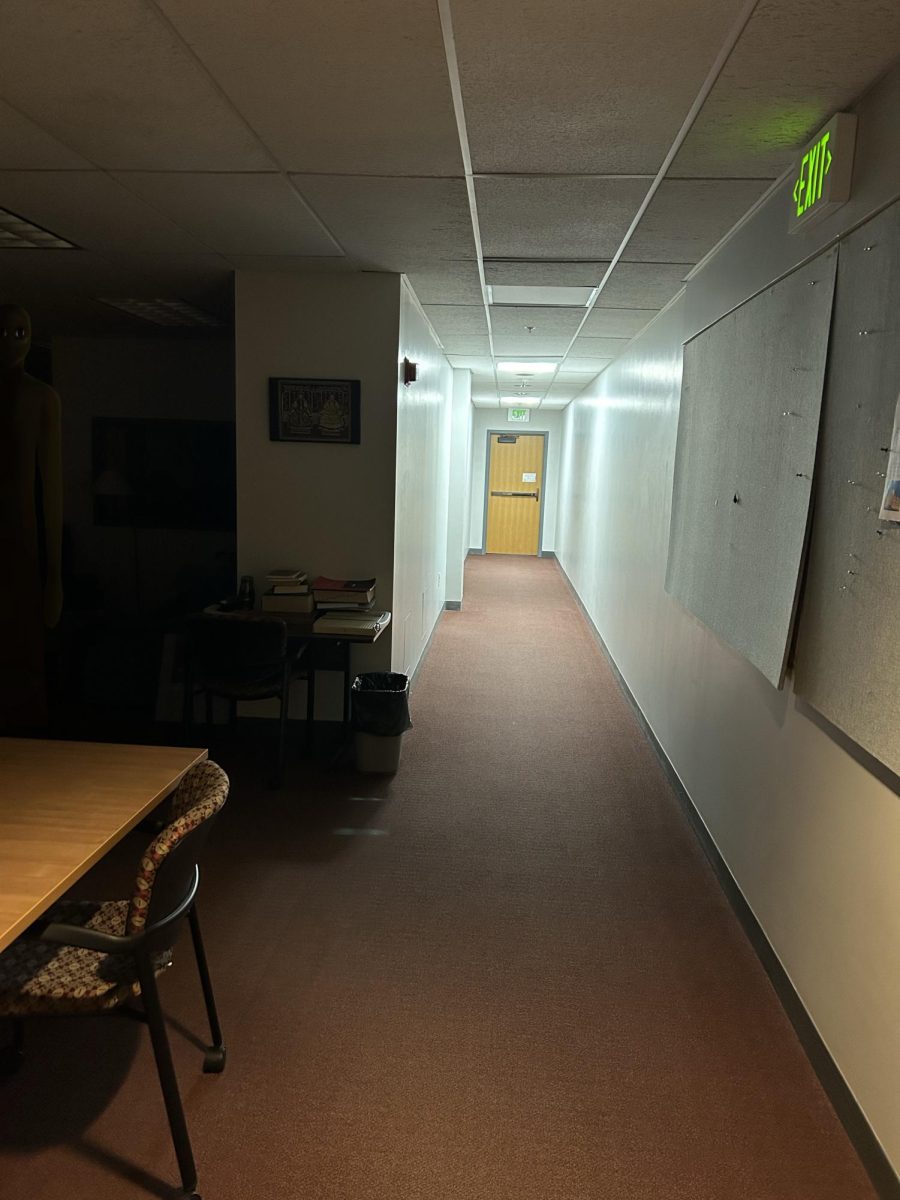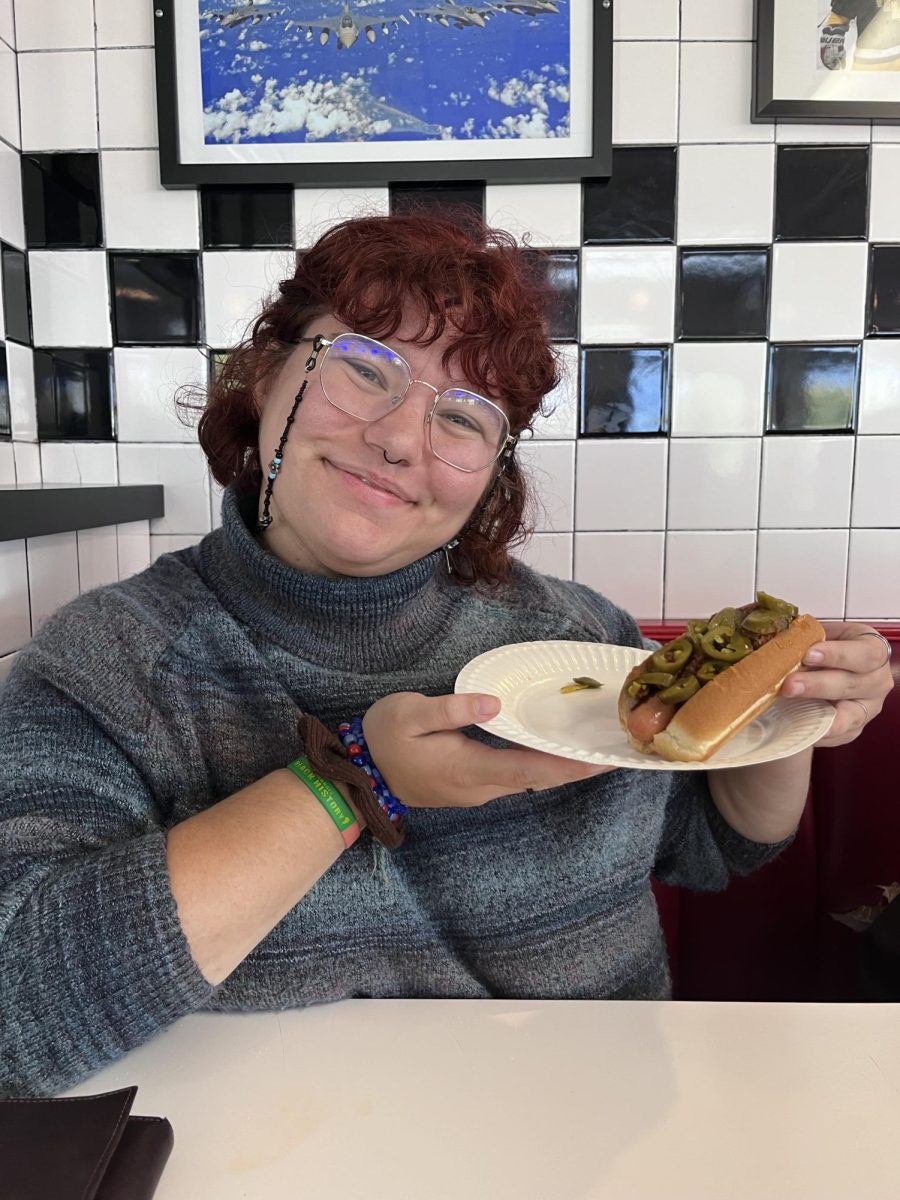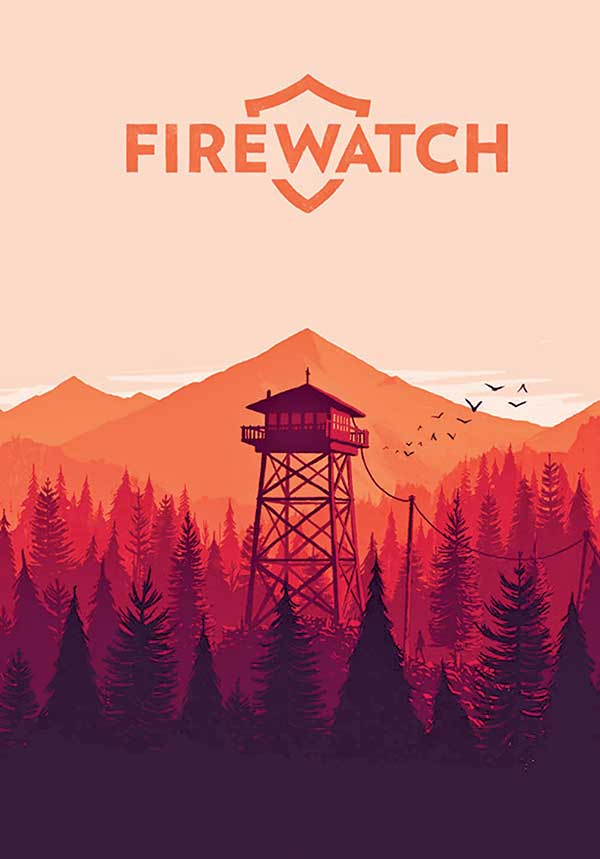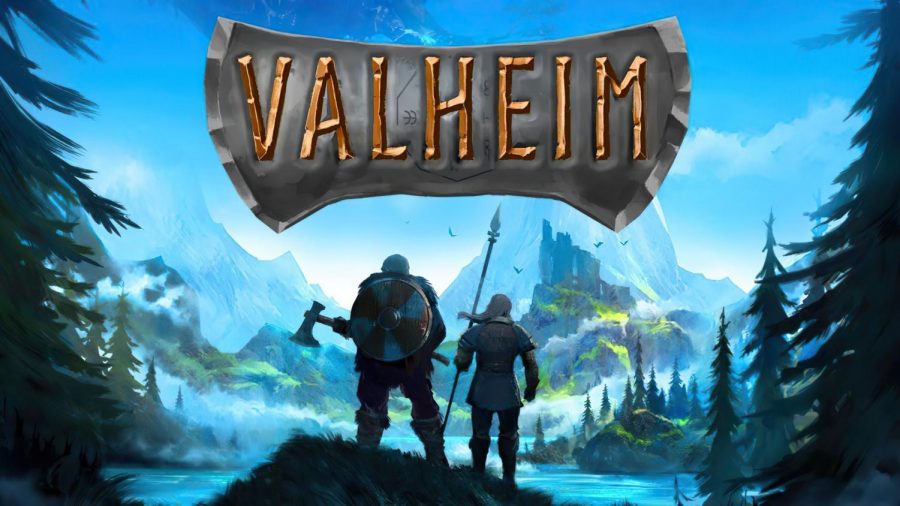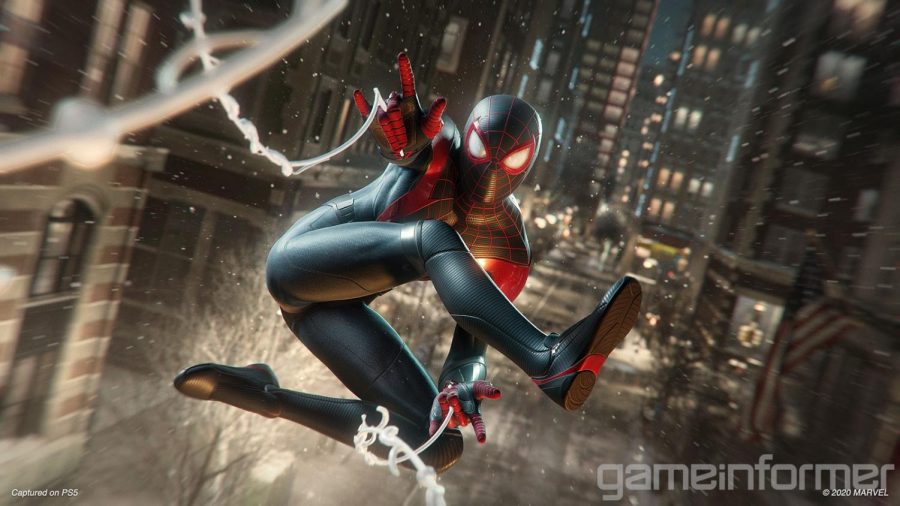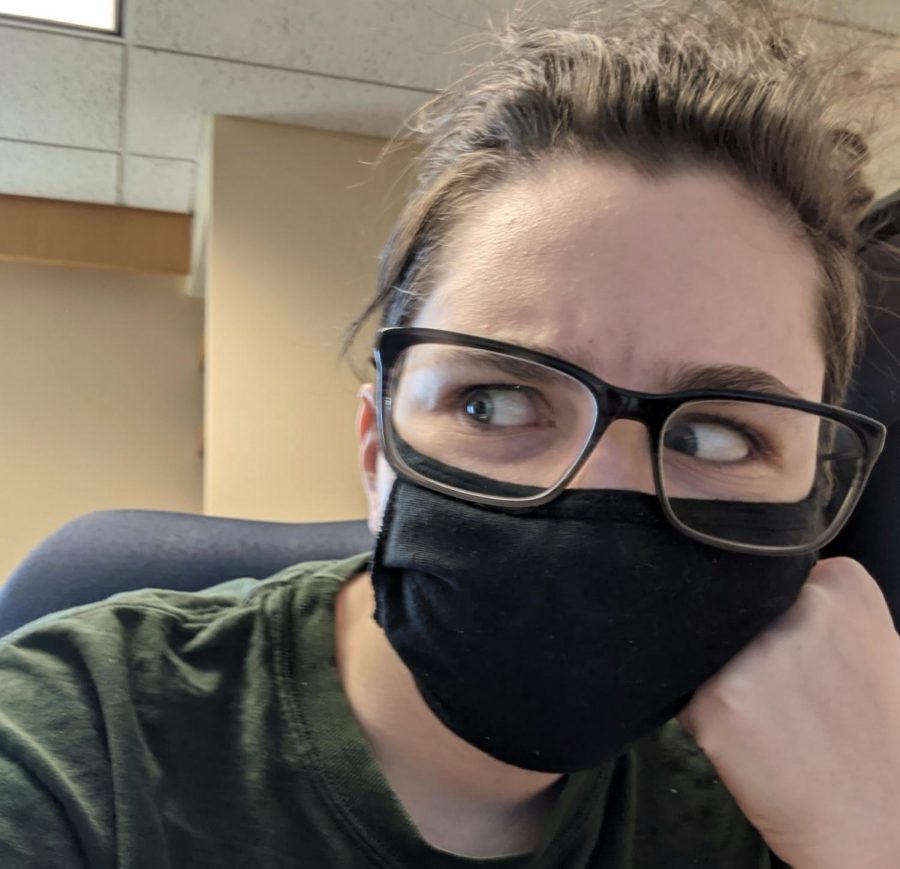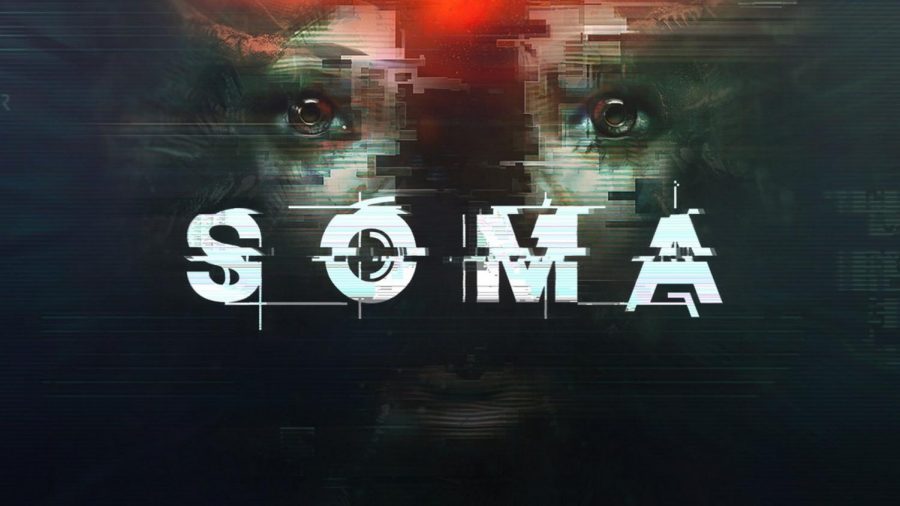Una Lee sees the world as a series of systems, and video games as a creative way of exploring alternatives to the systems we already have in place. Lee came to campus Nov. 14 to talk to students and faculty members about why she thinks that artists, activists and other creative outsiders to the video game industry should start engaging in video games as a catalyst for social change.
Lee has a design practice based in Toronto, Ontario, and works for many non-profit community organizations. “Some of my favorite projects are projects in which I am totally in over my head and I have no idea what I am doing and I’ll take on something and kind of just, say that I can do it, without actually knowing what I am doing,” said Lee. One of these projects is an interactive installation in the heart of Toronto, simulating a solitary confinement cell, in response to the war on terror.
Another one of these games is “Unicorn Justice Fighter/Unicorn Robber Baron,” which is about exploring different approaches to survival in a world of dwindling resources.
“As an activist designer, I think a lot about systems. I think about the economy, I think about electoral systems, I think about food systems, and the inner workings of them,” she said. “But what’s cooler than thinking about the systems and how they work is messing with them. The reason I really love games is that they allow us to play test systems: systems that are existing and systems that are possible. I feel like they really allow us to understand, critique, and hack into systems and that makes them a really valuable tool for social change.”
“Food Quest” is a game Lee created for the Government of Canada, focusing on food systems and unequal access to healthy and culturally appropriate food. After playing one round of the game, the player has choices of how to tweak the system to their advantage. “This game is really meant to be used in a community context: in classrooms and community health centers, to get people playing together and talking about how to make equipment more accessible, and how to increase food budgets and access to healthy food,” she said. “We also thought this was an interesting way to get people talking about the issues and organizing in their communities around these issues, to get people at a local level talking about the kind of skills they have and things that they are interested in changing.”
Lee is unimpressed with the video game industry as it is today and feels there is a very forceful interest in keeping video games the way they are. “I feel like there is so much more we can do with video games than this,” she said. “I feel like this is why we really need different voices, artists, people who are engaged and doing relevant work, to be making different kinds of games. And when it comes to social issues, I really feel like assuming control of this kind of medium is really important and it’s an incredibly powerful tool.”
Lee said there are many different websites available to help you create your own games, so for more information visit www.unalee.net and start changing the world— one video game at a time.



